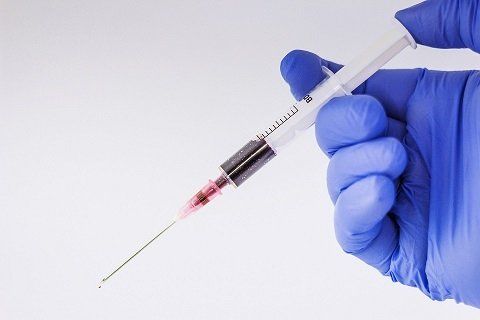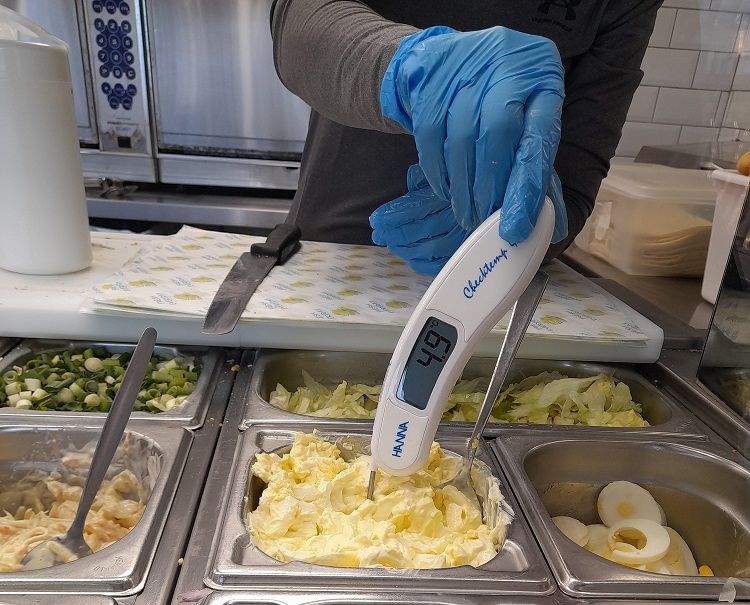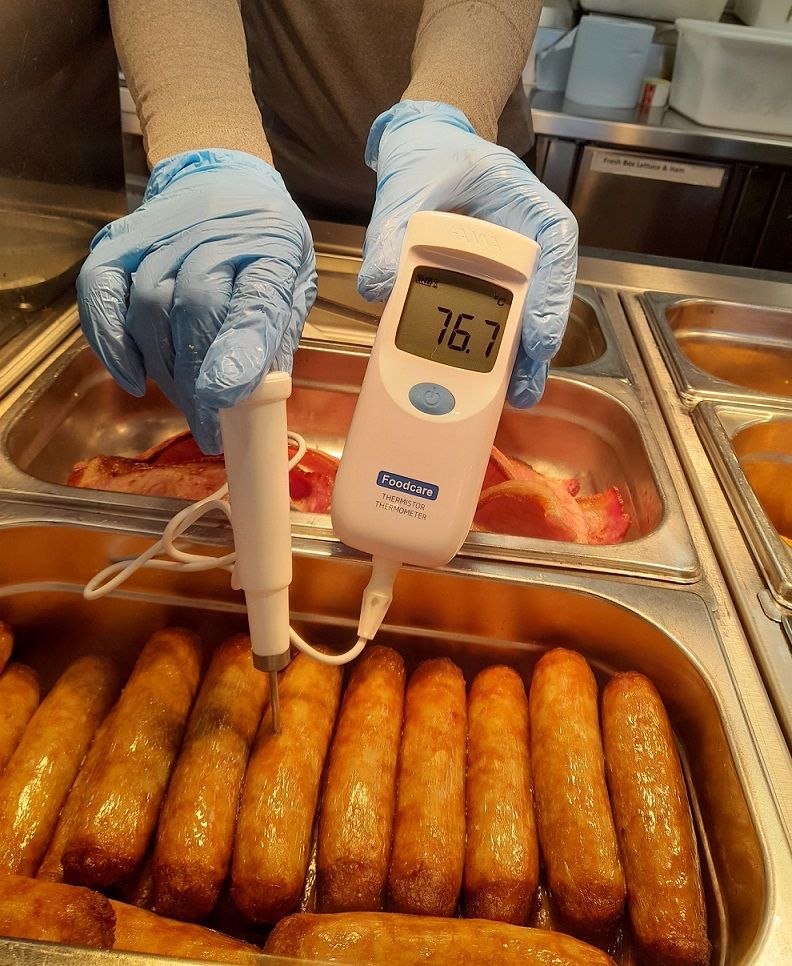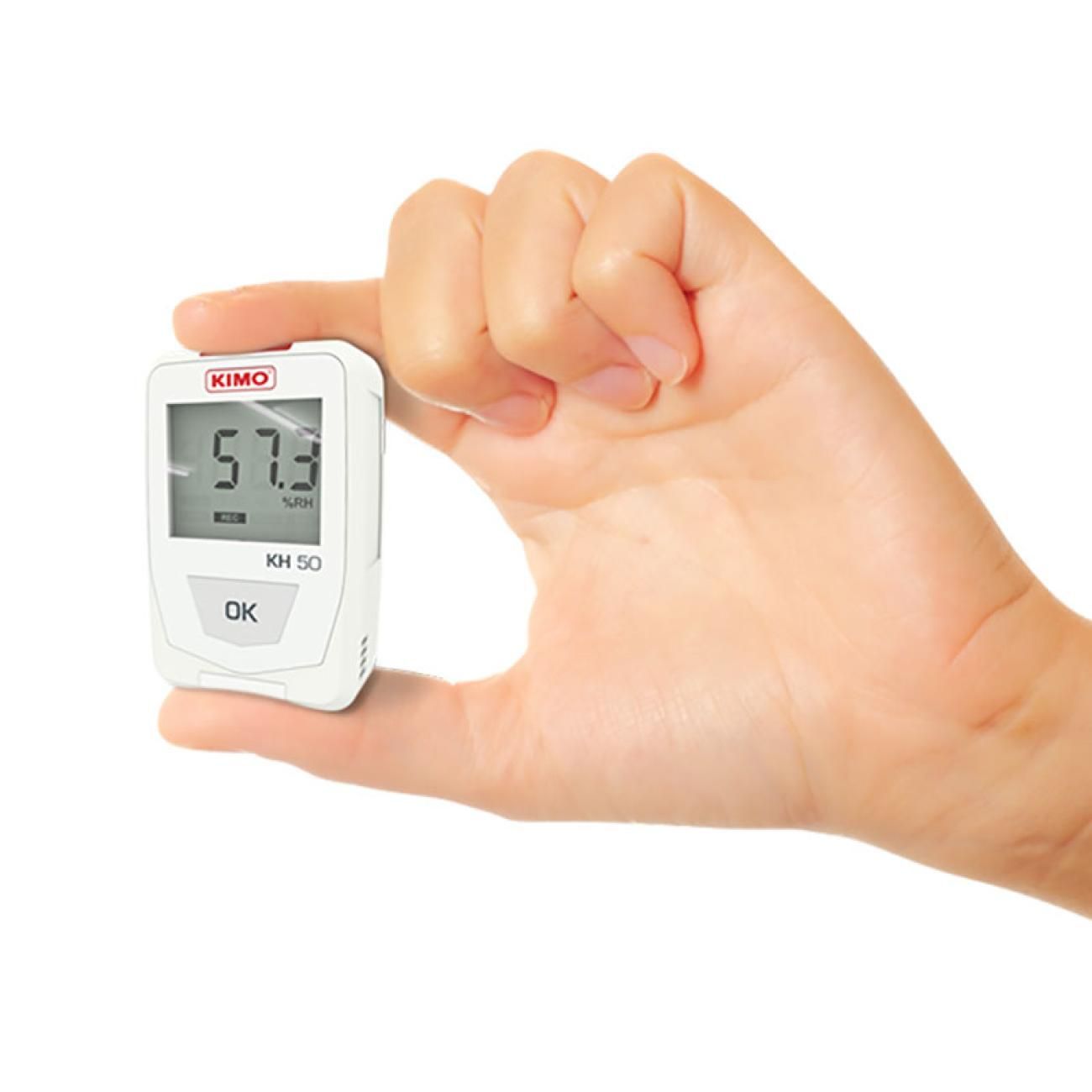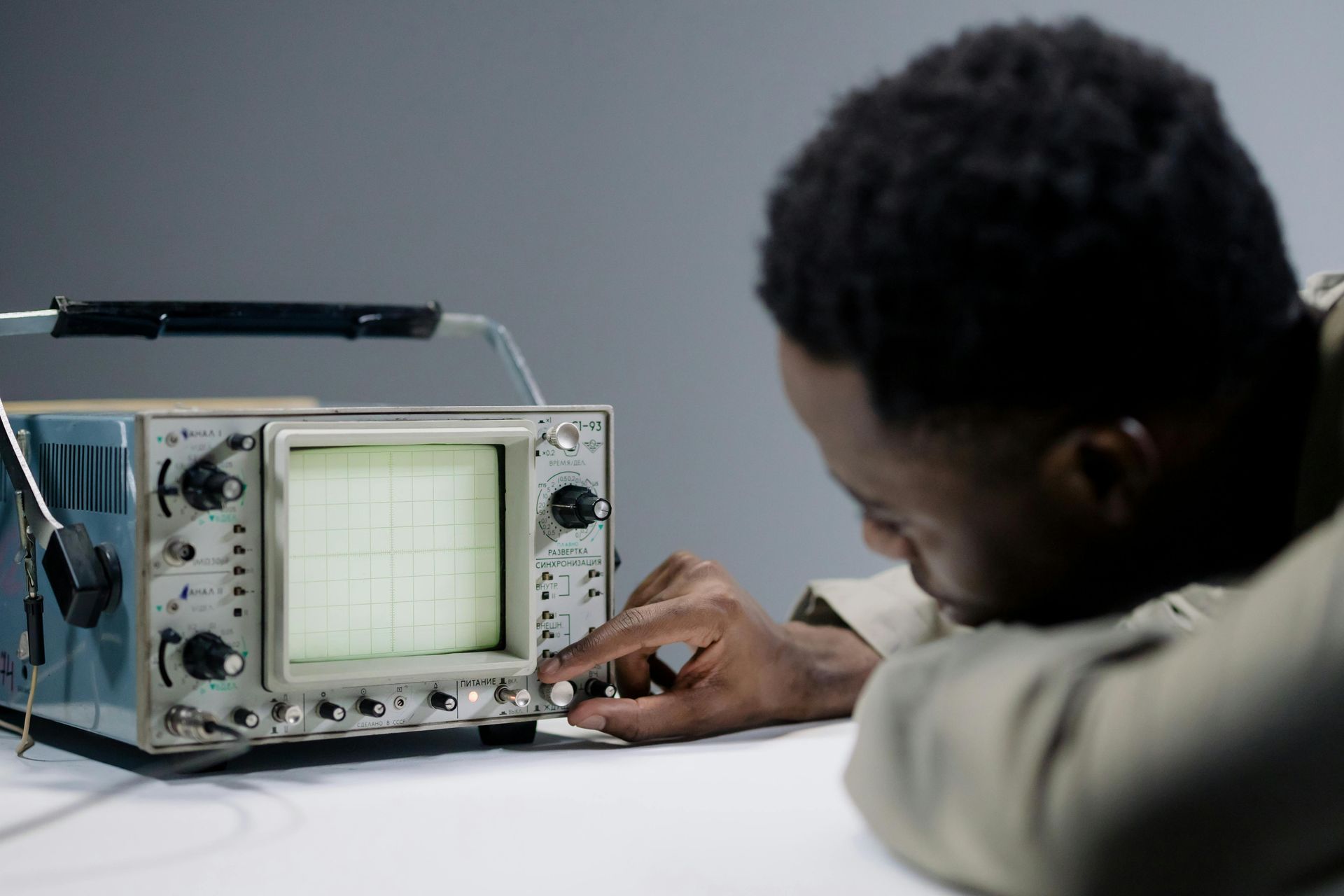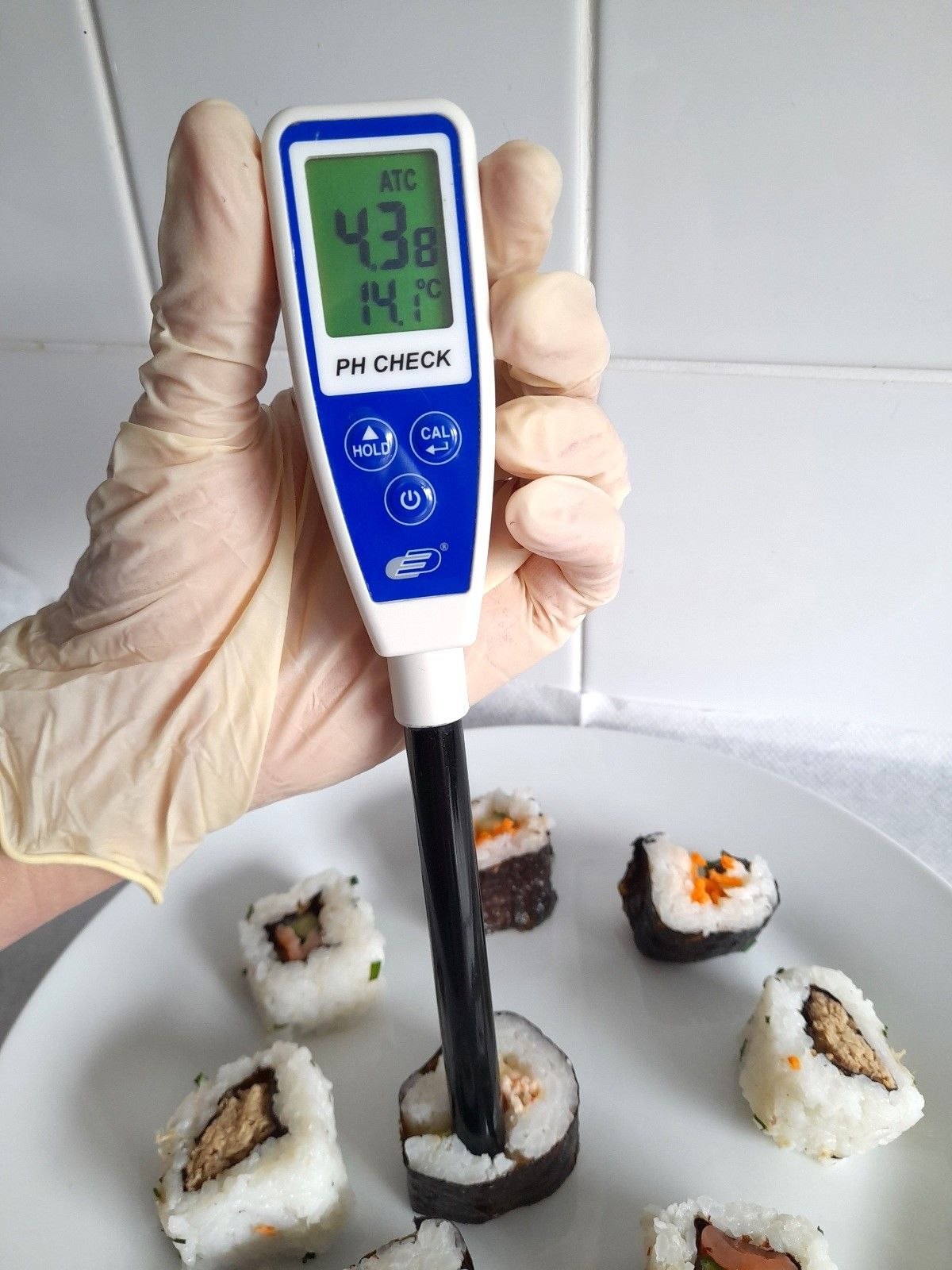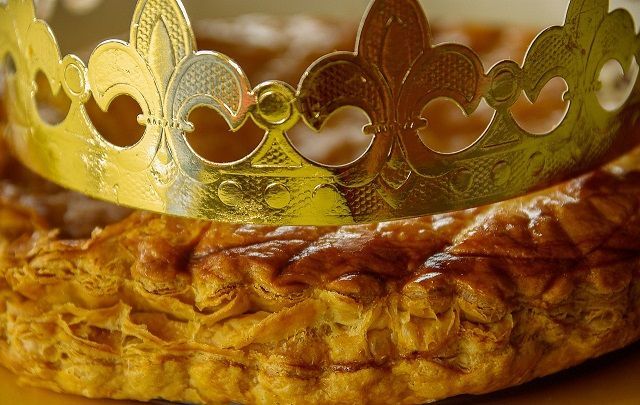20 May 2021
The Hypodermic Needle - An Irish Invention that revolutionised medicine
Dr Francis Rynd born in Dublin in 1801 went to Trinity College where he studied medicine. He was a member of the Royal College of Surgeons and worked at the Meath Hospital. Little did his colleagues know just how important Dr Rynd was to be in revolutionising medicine and inventing the first ever hypodermic needle! He never knew just how important his invention would become especially during the vaccination of millions of people around the world during the Covid 19 vaccination roll-outs.
Margaret Cox - A Patient
In 1656 a curious English architect, Christopher Wren used a goose quill and animal bladder to administer opium to dogs but it wasn’t until many years later that Dr Francis Rynd invented a syringe that could be used for injection without having to make an incision, as was previously carried out.
A patient named Margaret Cox had complained of pain in her face and was prescribed morphine pills that didn’t offer much relief. Dr Rynd decided to try an idea he had and created a narrow tube with a trocar that was filled with morphine and successfully injected beneath the skin and within one minute Ms Cox’s symptoms eased and it proved a great success.
It wasn’t long before his idea was picked up by an American company and the production of needles began.
Tragic Death
Sadly, Dr Rynd died in 1861 of a heart attack. It was a tragic accident - his carriage knocked a woman down and when he went to check on her, a group of men attacked his carriage. Unfortunately he died whilst on the way to hospital at age 60.
Techris Systems have a range of digital probe thermometers that can be inserted in food that can provide fast, accurate temperature readings. Simply insert the stem of the probe into the thickest part of the food, or in the centre of the food to obtain an accurate reading.


